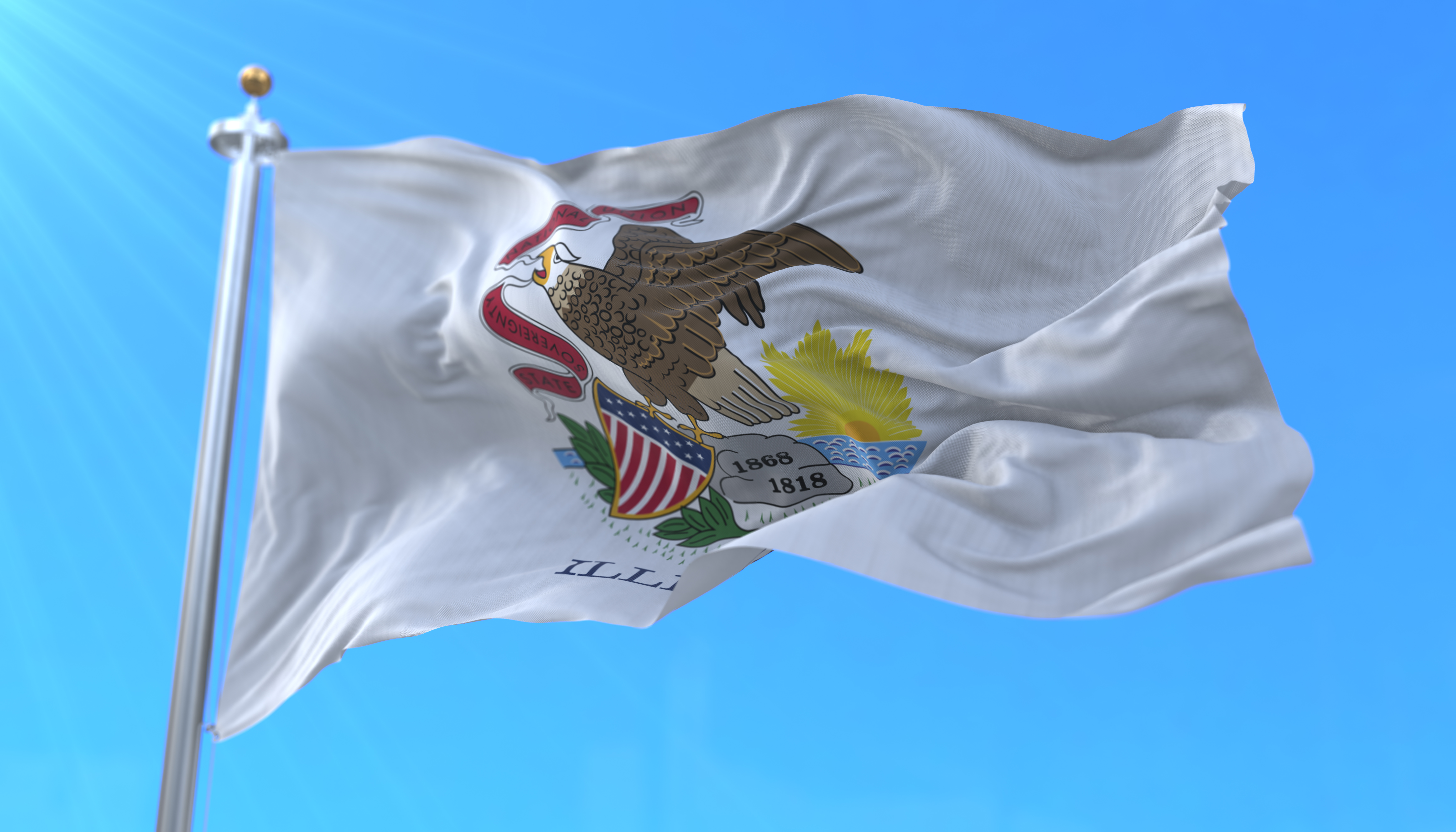Representatives from numerous groups gathered Wednesday to voice continuing opposition to the Chicago Bears’ proposed stadium project on the city’s lakefront.
The groups, spearheaded by Friends of the Parks, are critical of a variety of aspects of the proposed stadium project, including its location, financing for the project and concerns about what it would mean for the future of the existing Soldier Field.
Gin Kilgore, the interim executive director of Friends of the Parks, said that the group is dedicated to making sure the shores of Lake Michigan remain “forever open, clear and free,” a vision shared by renowned business magnate Aaron Montgomery Ward.
“While we would love the Chicago Bears to stay in the city, we object to the site they have selected, and the ultimate cost to our city and residents,” Kilgore said. “Ensuring Chicago’s lakefront remains forever open, clear and free is not the responsibility of one group, but the work of many.”
Kilgore called expectations of massive economic growth from a stadium “a leap of faith,” and one that would rob other critical components of city safety and infrastructure of much needed funds.
Friends of the Parks has not ruled out legal action against the Bears if they seek to move forward with the project.
“You never start with a lawsuit, but you don’t take it off the table either,” Kilgore said.
Local
Other groups cited studies indicating that publicly financed stadium projects provide much lower returns on investment than advertised, calling them a “boondoggle” for taxpayers.
Landmarks Illinois also spoke out against the plan during Wednesday’s press conference, arguing that the plan to demolish portions of the existing Soldier Field, with the exception of the stadium’s famed colonnades and memorials to veterans, would irreparably damage an historic landmark in the city.
Feeling out of the loop? We'll catch you up on the Chicago news you need to know. Sign up for the weekly> Chicago Catch-Up newsletter.
The team issued a statement pushing back against the criticisms.
“The Chicago Bears have been an active member of the Chicago community for over 100 years—a legacy we are excited to build upon and we work toward investing $2 billion to replace Soldier Field with a state-of-the-art, enclosed stadium that will create over 43,000 construction jobs and more than 4,000 permanent jobs," the team said. "Our plan also increases the green and open space and provides more year-round access to the lakefront.”
The Bears have been hoping to get millions of dollars in taxpayer financing for the project, and seeking out even more in funds to address public infrastructure concerns around the development.
State lawmakers have been lukewarm on the idea of approving such funding, with Illinois Gov. J.B. Pritzker and top leadership in both the House and Senate voicing concerns about the proposal.
The drama began when the Bears purchased the site of the former Arlington International Racecourse for nearly $200 million in early 2023. The focus shifted back to the city over property tax issues, with plans unveiled for a new stadium project on the lakefront unveiled in April 2024.
Bears COO Karen Murphy said the entire project could cost $4.7 billion. That would include $3.2 billion for the stadium, $300 million for infrastructure and another $1.2 billion for two other phases of the project.
According to a presentation from the team, $900 million for the stadium construction would be requested from taxpayers, with the team covering approximately $2.3 billion through their own money and a $300 million loan from the NFL.
The Illinois Sports Facilities Authority would be the entity responsible for coming up with the $900 million, which it would do via a 2% hotel tax that is currently being used to pay off the Chicago White Sox home stadium of Guaranteed Rate Field.
The team said they would require additional funds for infrastructure around the stadium, which could drive the total outlay of public financing to $2.4 billion.
It is possible that the team could see money from the city of Chicago to help with the infrastructure financing portion of the deal.
Minimal discussions were held during the last legislative session in Springfield, with Bears officials saying they are hoping lawmakers will discuss the proposal in coming months.



